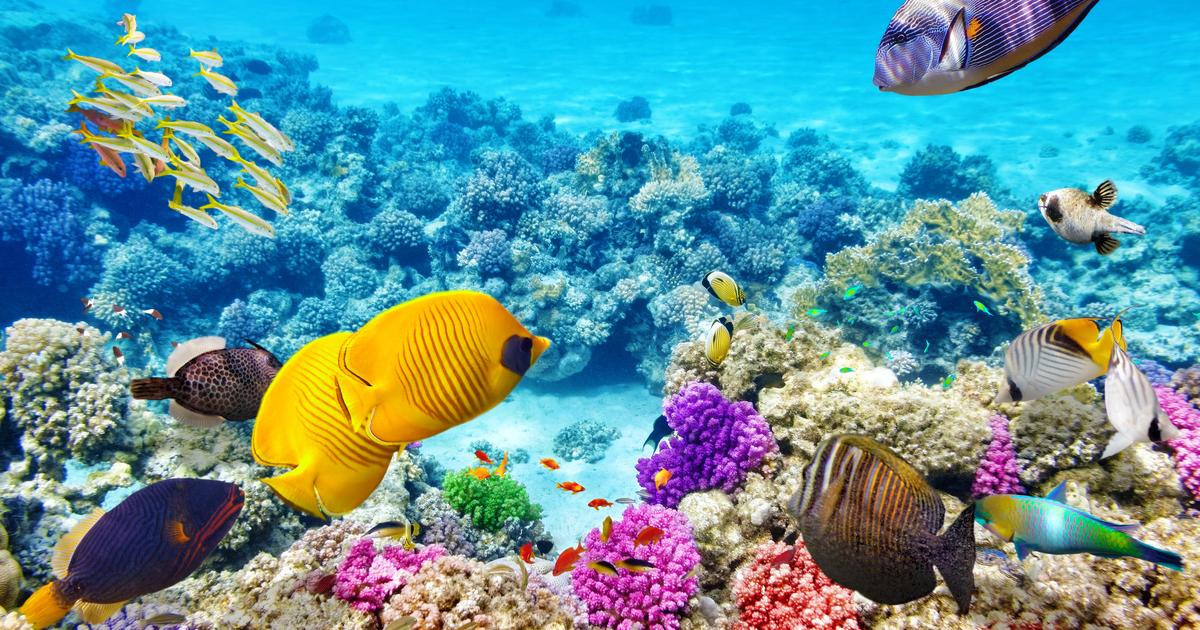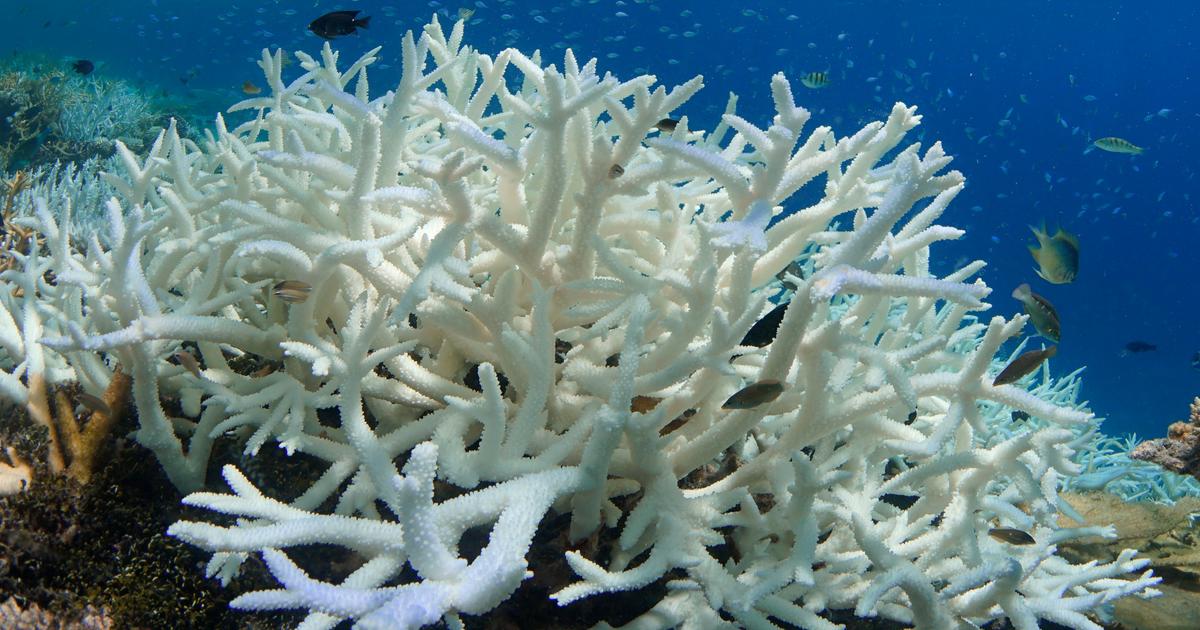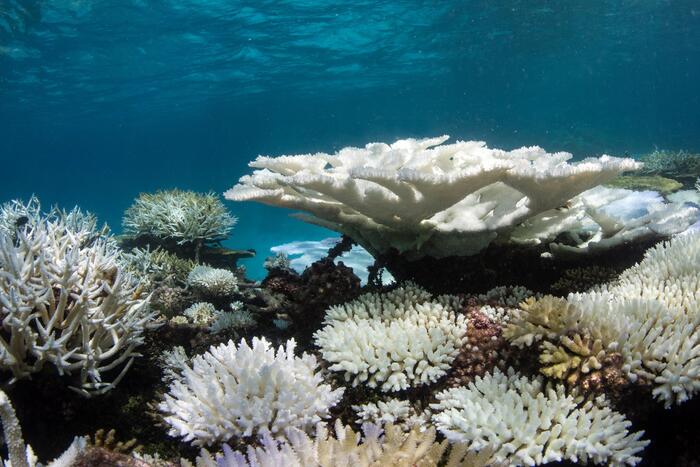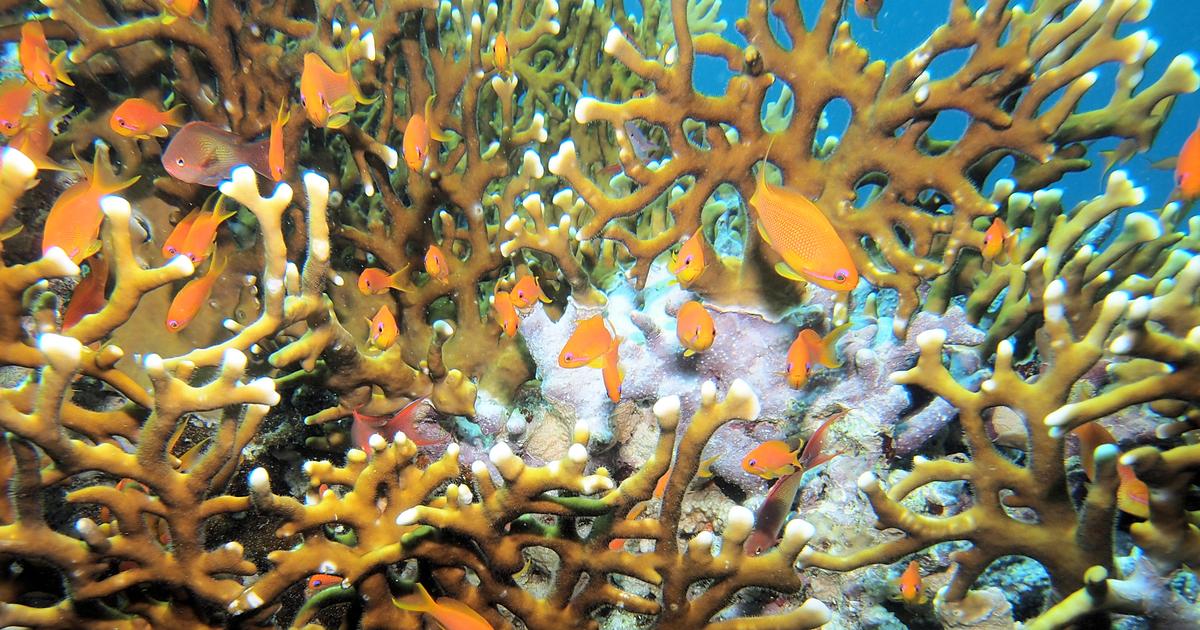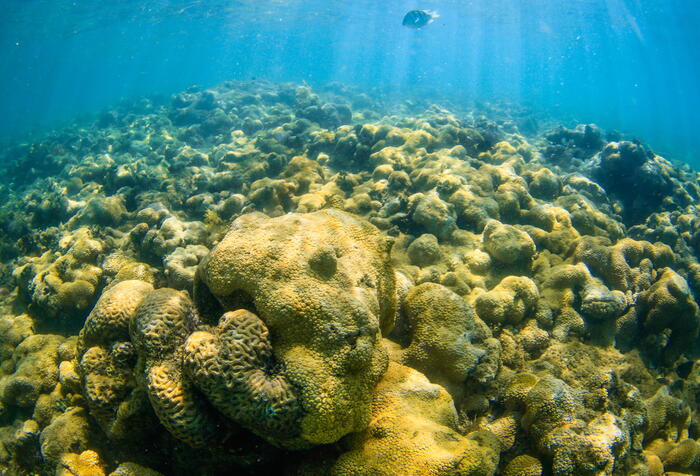Enlarge image
There are no clownfish without coral reefs
Photo: Giordano Cipriani / Getty Images
In the next 50 years, the coral reefs in the western Indian Ocean could have disappeared - all of them.
This is the result of a new study published by an international research group in the journal Nature Sustainability.
The research was supported by the World Conservation Union (IUCN).
Coral reefs are of great value for life in the oceans: Although they only cover about 0.2 percent of the ocean floor, they are home to more than a quarter of all animals and plants in the oceans.
Humans also benefit from intact reefs because they protect the land from storms and erosion.
A "total collapse" threatens on the east coast of Africa
The results that the researchers present relate primarily to the coral reefs on the east coast of Africa.
In this region of the world there is a threat of a "complete collapse of the ecosystem" over the next few decades, they write.
The damage is "irreversible" for decades.
For the study, the scientists examined an area of 12,000 square kilometers on which coral reefs grow in ten countries.
The danger for coral reefs in the island states is particularly great - off Mauritius, off the Seychelles, the Comoros and off Madagascar.
These islands are popular tourist destinations, also because of the impressive reefs.
On the one hand, the ecosystems are threatened by fishing.
On the other hand, a rising water temperature has a negative effect on the reefs: If the water becomes too warm, coral bleaching occurs.
more on the subject
Great Barrier Reef off Australia: How cloud makers want to save corals
What is happening there? Tropical corals live in a symbiosis with unicellular algae - they can only survive together. The algae are located in the tissue of the coral and produce carbohydrates through photosynthesis. This is what the coral feeds on - and it also owes its color to the algae. The ideal water temperature for this symbiosis is between 20 and 30 degrees Celsius. If it is warmer for a long time, the algae suffer from so-called heat stress. They no longer produce carbohydrates and are repelled by the coral. And with the algae the color disappears: the coral bleaches. If no new algae settle, the coral dies.
The global coral reef area has already shrunk by half since the 1950s.
Is the battle to protect the reefs lost yet?
The authors of the new study also describe what has to happen now: In order to prevent the collapse of the coral reefs, "ecosystem-based management of the reefs" is necessary - and climate change is to be mitigated.
vki / AFP





